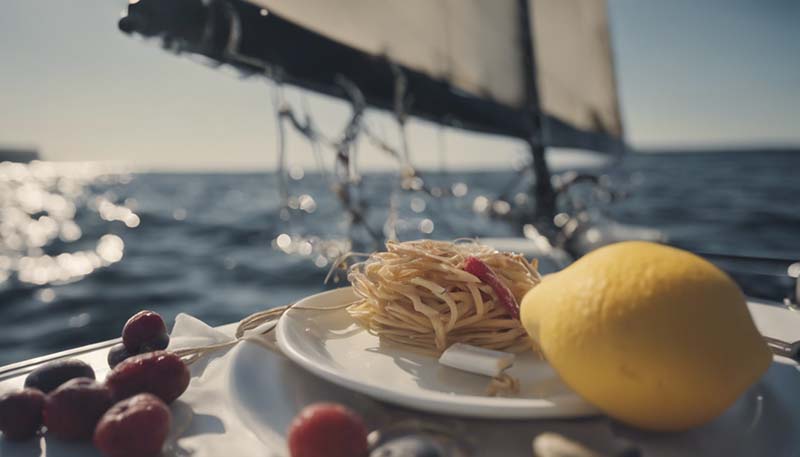The Role of Nutrition in Sailing Performance
2024-05-01
Sailing is a physically demanding sport that requires a combination of strength, endurance, and skill. Nutrition plays a crucial role in optimizing sailing performance by providing the energy and nutrients necessary for optimal physical and mental function. This article will explore the importance of nutrition for sailors, discuss the specific nutritional needs of sailors, and provide practical tips for developing a winning nutrition strategy.Introduction
Proper nutrition is essential for sailors to maintain energy levels, recover from training, and prevent injuries. A well-balanced diet can enhance endurance, strength, and mental focus, which are all critical for success on the water. Additionally, good nutrition can help sailors maintain a healthy body weight and prevent common health issues related to poor diet, such as dehydration, fatigue, and poor immune function.The Importance of Nutrition for Sailors
Advertisement
Sailing requires a significant amount of energy, particularly during races or prolonged periods on the water. Sailors need to consume enough calories to meet their energy demands, which can vary depending on the intensity and duration of their activities. A diet rich in carbohydrates, fats, and proteins can provide the necessary energy for sailing performance.Nutritional Needs of Sailors
Energy
Hydration
Staying hydrated is crucial for sailors, as dehydration can lead to reduced performance, fatigue, and an increased risk of injury. Sailors should aim to drink water regularly throughout the day and increase their fluid intake before, during, and after periods of intense physical activity.
Protein
Protein is essential for muscle repair and growth, making it particularly important for sailors who engage in regular strength training or experience muscle damage during physical activity. Consuming adequate amounts of high-quality protein can help sailors recover more quickly from workouts and maintain lean muscle mass.
Micronutrients
Micronutrients, such as vitamins and minerals, play a vital role in maintaining overall health and supporting the immune system. Sailors should consume a varied diet that includes a wide range of fruits, vegetables, and whole grains to ensure they are getting all the necessary micronutrients.
Sailors should aim to eat regular meals and snacks throughout the day to maintain consistent energy levels. Pre-workout meals should be consumed 2-4 hours before exercise, while post-workout meals should be consumed within 30 minutes to 2 hours after exercise to support recovery.Developing a Winning Nutrition Strategy
Meal Timing and Frequency
Fuel for Performance
Carbohydrates are the primary source of fuel for high-intensity exercise, so sailors should ensure they are consuming an adequate amount of carbohydrates in their diet. Complex carbohydrates, such as whole grains, fruits, and vegetables, should make up the majority of a sailor's carbohydrate intake.
Recovery Nutrition
After a hard day on the water, it's important for sailors to consume a meal or snack that contains both protein and carbohydrates. This combination can help repair muscle tissue, replenish glycogen stores, and support overall recovery.
Planning for Race Days
Sailors should plan their nutrition for race days in advance to ensure they have easy-to-digest, portable food options available. Energy gels, sports drinks, and easily portable snacks, such as bananas or energy bars, can provide quick energy and help maintain blood sugar levels during races.

Nutrition is a critical component of sailing performance, and sailors who prioritize their diet can experience significant improvements in their physical and mental performance on the water. By understanding their nutritional needs and developing a personalized nutrition plan, sailors can optimize their energy levels, enhance their recovery, and improve their overall performance.Conclusion
Comments